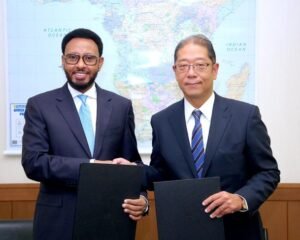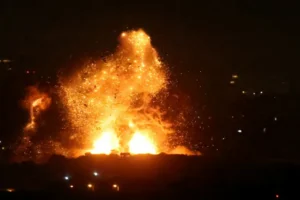Indian poorest and oppressed caste vies for presidency
India being the world’s second largest democracy announced Ram Nath Kovind who was governor of Bihar as the nominee earlier that year.
On July 18th 2017, a member of India’s poorest and most oppressed caste is expected to be elected president.
Dalits, officially known as scheduled castes, were traditionally thought to fall outside the four castes that determined the shape of Hindu lives, from jobs and diets to marriage prospects.
They were considered “impure and banished to the periphery of Indian society”, suffering thousands of years of exclusion and extreme poverty that affirmative action programmes in the past 70 years have done little to address.
It is stated by some officials that nearly 5,000 Indian state and federal members of parliament took part in a secret nationwide ballot on Monday.
The parliamentarians would decide next president by using their vote power using specially designed violet ink pens and unique serial numbers.
According to CNN news, “It will be widely seen as the part of a decades-long strategy by Hindu nationalists to win over members of the Dalit(Untouchable) community.
The five-year post had significant responsibility under India’s constitution, but like other Westminster-style governments, it is largely ceremonial in practice.
Some of official resources stated, “The result of the collective parliamentary votes will not be known until Thursday,
but Kovind, 71, has secured wide cross-party support and is expected to comfortably beat Meira Kumar, the former diplomat and MP nominated by the opposition Congress party and its allies.”
In historical examples popularised by the dalit leader BR Ambedkar, members of the caste in one village were forced to wear spittoons around their necks to collect their impure saliva, while in another, they had to tie branches to their waists “so as not to leave any unclean footprints”.
Recently, the Bharti Janata Party had made inroads into segments of the dalit community, but faces significant hurdles, especially when it comes to the key party priority of cow protection.
Suresh Raina is an Indian professional cricketer said, “Dalit livelihoods have been predominantly dependent on the cattle industry, both for nutrition and the leather market, yet there, the BJP has made no concessions.”
It is clarified that in Gujarat last year, seven young dalit men who skinned a dead cow, an “unclean” role traditionally carried out by members of the caste, were filmed being publicly flogged by self-styled cow vigilantes, triggering significant protests including banning of market sale of cows and other livestock.
It is reported earlier that year BJP chief minister of Uttar Pradesh, Yogi Adityanath, reportedly gave dalit villagers soap and asked them to clean themselves before an official visit.
If elected, Kovind would be the second dalit president after KR Narayan, who held the post for five years from 1997.
Correspondent: Syeda Faiza Bukhari





